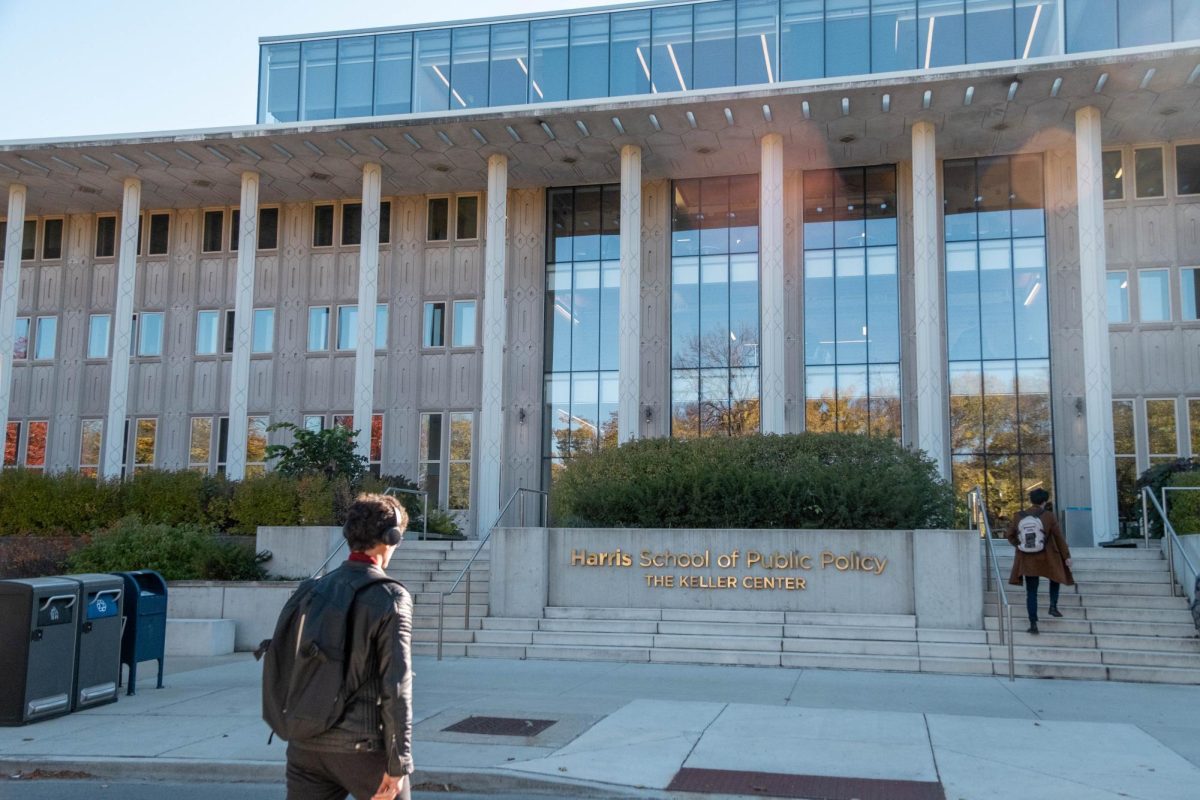Several distinguished legal experts, including Attorney General Eric Holder, paid homage to former United States Attorney General and former UChicago President Edward H. Levi (A.B. ’32, J.D. ’35) at an Institute of Politics (IOP) panel on Tuesday night.
Levi served as University President from 1968 until 1975, when he was appointed Attorney General of the United States by President Ford, right after the Watergate scandal had forced President Nixon from office. Numerous legal scholars have cited him as “the model of a modern attorney general.”
In prepared remarks, Holder introduced the event by describing Levi, his former mentor, as a “role model and a personal hero.”
“[Levi] brought an air of calm; he raised standards; he fought for transparency; and he restored a sense of integrity,” Holder said. His leadership “brought a fractured Justice Department together” amidst what Holder called the “poisonous political climate” ensuing from the Watergate Scandal.
While Holder left after his introductory remarks, the panelists similarly praised Levi’s legacy of revitalizing confidence in government during a time of cynicism.
Jack Fuller, Levi’s Special Assistant and author of the new book Restoring Justice: The Speeches of Attorney General Levi, which inspired the panel discussion, recounted that after Watergate, the public began to doubt the veracity of everything the government had done.
“The political system was reconsidering, because of Watergate, forty years of Cold War history,” Fuller said by way of example. Levi faced the challenge to “change the environment, and restore a confidence that justice was always square…[and] reform institutions under siege [such as the FBI]”, he said.
The two other panelists, Geoffrey Stone, the Edward H. Levi Distinguished Service Professor at the Law School, and John Ashcroft, former United States Attorney General under President George W. Bush, stressed Levi’s ability to not only solve these dilemmas within the government but also to establish an example to emulate.
Stone emphasized Levi’s leadership skills, saying that Levi understood that a great leader had to know what they were representing.
“Edward never forgot what it was that made the institution special and valuable and important. And he really did radiate those values. I think that’s an important lesson that all of us should learn,” he said.
Ashcroft added that Levi established “the rule of law” in the Justice Department’s efforts to deal with foreign threats and surveillance, which he said was useful following 9/11 to ensure that there wasn’t presidential overreach. According to Ashcroft, Levi’s transparent guidelines provided the President clear, but judicially restricted, powers to deal with foreign threats.
While Levi’s legacy has spread far and wide within government, the panelists said that perhaps his greatest legacy has been his ability to inspire future generations, which Holder noted in his remarks preceding the panel.
“He proved that even a single person could make a difference,” Holder said.








